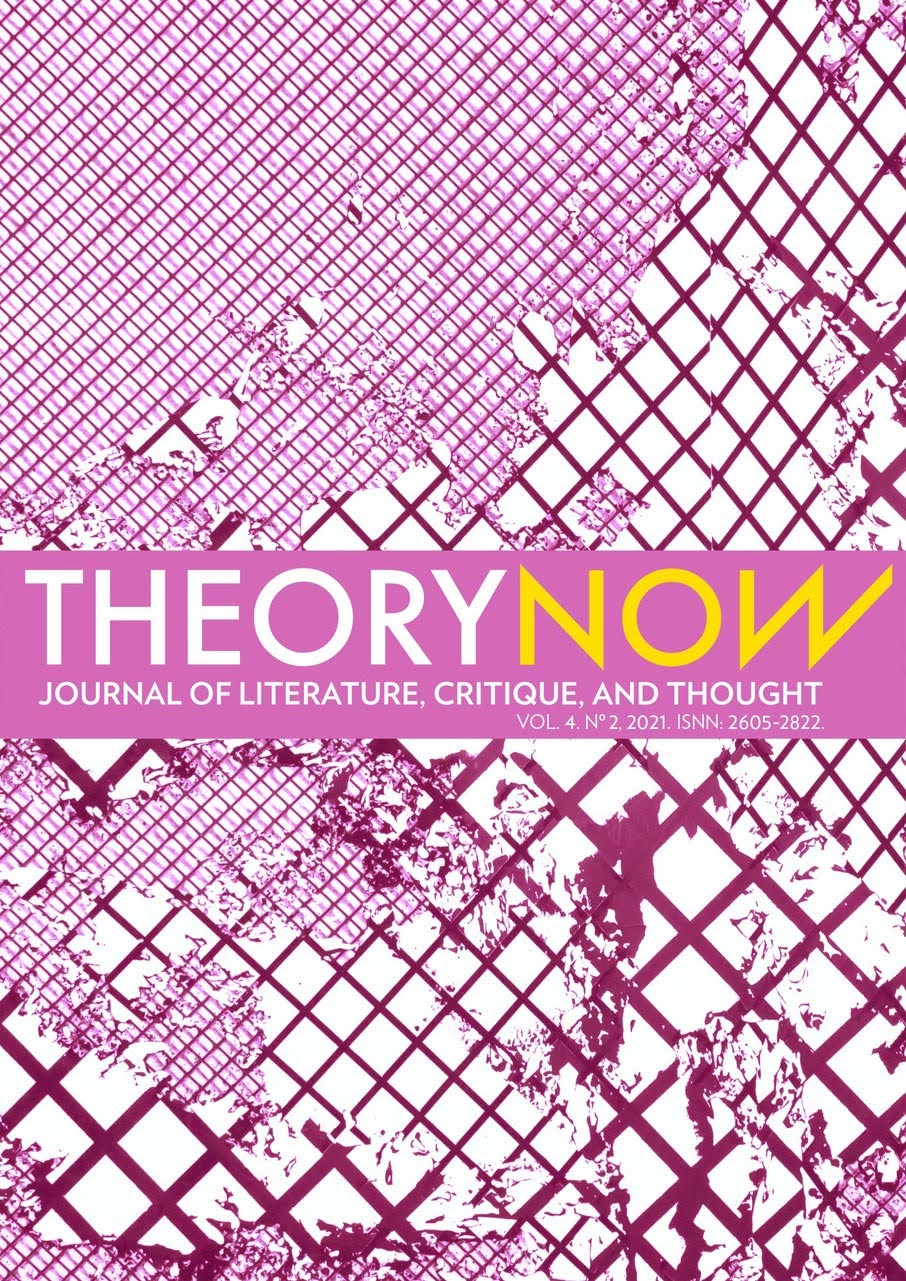Cibertextual Specificity in Digital Poetry. A close reading of Rui Torres´ Amor de Clarice
DOI:
https://doi.org/10.30827/tn.v4i2.21261Abstract
Taking for granted the emergence of an extended literature in cyberculture (a term borrowed from Weibel and Export´s notion of “extended cinema” in the 60´s), this article claims for a specific set of theoretical and critical categories in order to answer properly to what makes electronic or digital literature “different”. This challenge takes the form of a close reading of a work of digital poetry entitled Amor de Clarice, by the Portuguese artist and academic Rui Torres. This work is an adaptation or rewriting of Clarice Lispector´s tale “Amor” (1960) whose poetic rich ambiguity is played and empowered by this cyberpoetry, from a structural and feminist perspective, mixing the plagiotropic and avant-gardist traditions of lusobrazilian poetry, including the Shlovskian principle of estrangement, with the potential of combinatory and generative poetry implemented on computing algorithms and hypermedia programming. The analysis also emerges from a 6 level layered concept of complexity (material or technological; authorship; genre; reception & participation; semiotic and intermedia/transmedial; institutional). This complexity is part of the answer for the specificity of this literary practices.
Downloads
Downloads
Published
How to Cite
Issue
Section
License
Theory Now. Journal of Literature, Critique, and Thought is an immediate open-access publication which is available at no cost for readers and authors alike. Authors are not charged any kind of fee for the editorial processing of their articles. Reading, downloading, copying, distributing, printing, searching, linking or reusing all published articles for non-commercial uses is allowed on the condition of citing the author, the journal and the editing body. All intellectual material published in this journal is protected under a Creative Commons Attribution-NonCommercial 3.0 Spain license.
Dissemination of the articles in social (Facebook, Twitter, Linkedin, etc.) and scientific networks (ResearchGate, Academia.edu, etc.), public repositories at universities and other institutions, blogs, personal or institutional websites, Google Scholar, ORCID, ResearchID, ScopusID, etc. is strongly encouraged. In all cases, the intellectual property of the articles and any possible monetary profits derived from them belong exclusively to the authors.













